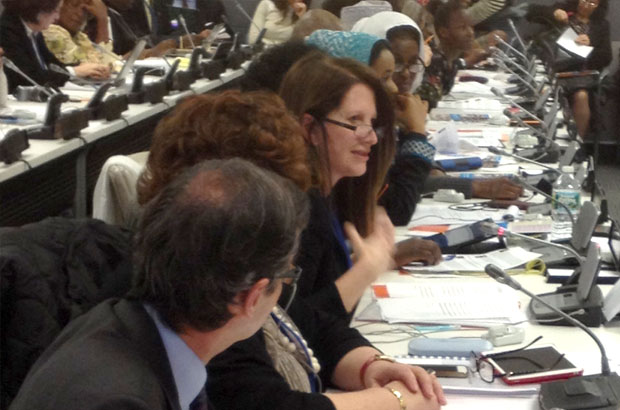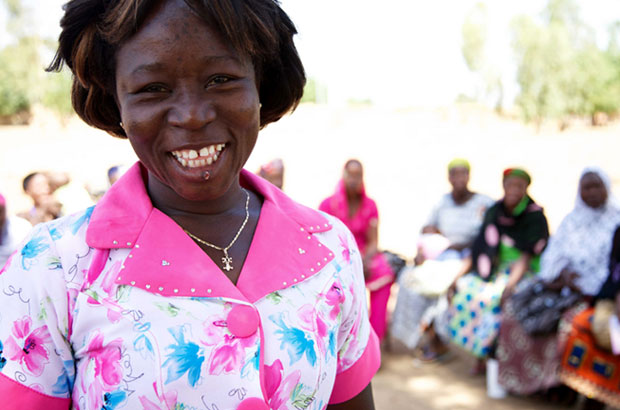If I needed any reminder of the degree to which female genital mutilation (FGM) has shot up the international agenda in the last couple of years, the scrum to attend this morning’s FGM event at the UN Commission on the Status of Women did the job. I was speaking alongside the First Lady of Burkina Faso, who I met on my recent visit there, ministers from Italy and Somalia, the head of UNESCO, NGOs and, most importantly, young people from across the world to discuss how to empower youths to end FGM. The energy in the room was palpable, and the panel represented some of the strongest commitment in the world to ending FGM.

FGM is one of the most extreme manifestations of discrimination against women and girls. It is violence against women and girls. I am very sure if we were talking cutting off men’s penises, this issue would be a priority – and it would have ended centuries ago! But FGM has carried on for thousands of years, and still goes on today.
That is why, as a DFID minister, I began my campaign to end FGM – a mission that fits well with my role as ministerial champion for tackling violence against women overseas. I have learnt from some of the most inspirational women – campaigners, activists, leaders – many of whom were in the room today. Bold, ambitious women who believed that change could happen. And I was told by African women and leaders that they wanted support. Now, I have heard some amazing young people add their voices to that call – including a young brother and sister duo who both spoke passionately about ridding the world of this abuse.
The young people who spoke today told us that they have been desperately trying to get leaders to listen to their calls to tackle FGM for years – and that finally they are in the room, and telling us not to ignore them any longer. They have felt the fear as they or their friends or sisters have been carried away to be cut. They know the feelings of sadness and shame and fury that their bodies no longer belong to them. They asked for our support to help them end this violence.

I will rise to that challenge and support these brilliant young people, who are the agents of change. I hope you will join me to end FGM in a generation.
Keep in touch. Sign up for email updates from this blog, or follow Lynne on Twitter.

Recent Comments